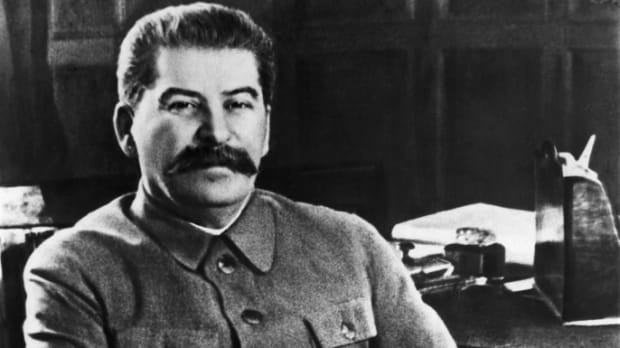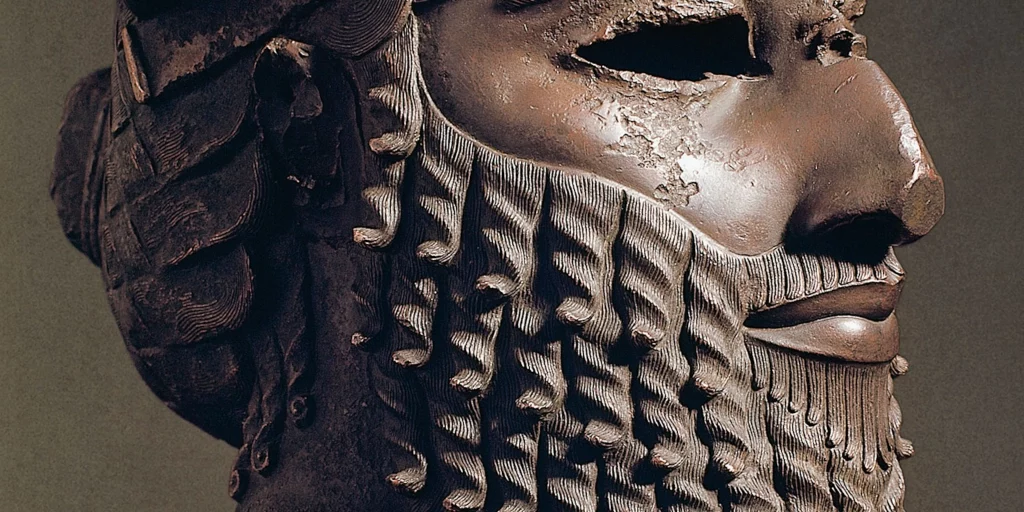Henry Hill is a name synonymous with the world of organized crime. He rose to infamy as a key player in the notorious Lucchese crime family.
His life and criminal exploits later inspired one of the greatest crime movies of all time. From his early days as an errand boy for the mob to his later cooperation with law enforcement, Henry Hill’s journey provides a unique insight into the world of organized crime.
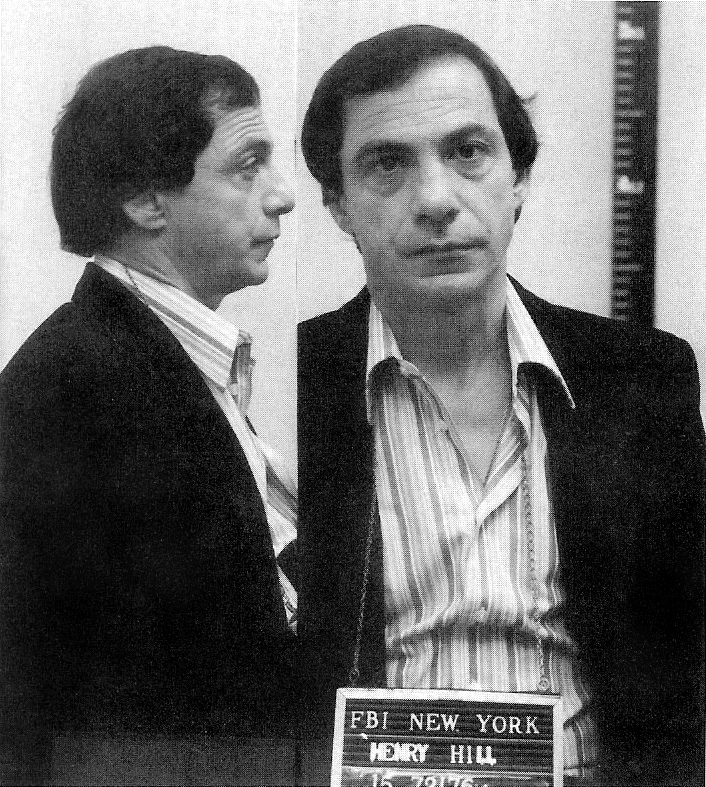
Early Life and Entry into Organized Crime
Born on June 11, 1943, in New York City, Henry Hill grew up in a working-class family. His father Henry Hill Sr. was an electrician. His mother Carmela worked as a dressmaker.
Henry was the third of six children. He experienced firsthand the challenges and limitations of growing up in poverty in Brooklyn.
The neighborhoods he navigated were rife with organized crime and street-level criminal activities. This created opportunities for those tough enough to grab them.
Life was hard for young Henry growing up. His parents barely made enough money to support their six children. Henry knew that if he didn’t do something, they would live like this forever.
As he came of age in the vibrant yet turbulent streets of New York, the allure of the criminal underworld became increasingly captivating. The magnetic pull of money, respect, and a sense of belonging became irresistible.
Rather than getting a traditional job to help support his family, he became involved in small criminal activities, including running errands for local mobsters.
Henry Hill’s involvement with the Lucchese crime family began when he caught the attention of Paul Vario, a caporegime in the family. The story goes that Hill, as a teenager, started running errands for Vario’s associates, performing small tasks, and establishing himself as a reliable and resourceful individual.
This early association allowed Hill to forge connections and trust within the organization.
Criminal Activities and Rise in the Mob
Paul Vario was impressed with young Henry’s resourcefulness and dependability. These qualities are highly valued in the world of organized crime.
Hill’s initiation into the Lucchese family involved a gradual process of earning trust and proving his loyalty. As he became more deeply enmeshed in the family’s operations, Hill took on various roles, from running errands to participating in criminal activities.
One of the most important relationships Henry formed within the family was with James “Jimmy the Gent” Burke. He was a Lucchese associate portrayed by Robert De Niro in the movie “Goodfellas.”
Burke became Henry’s mentor, guiding him through the ins and outs of organized crime. Through his association with Burke and other influential figures in the Lucchese family, Hill gained access to a world of power, money, and influence.
Over time, Henry Hill became a trusted associate of the Lucchese crime family. His reliability, ability to handle responsibilities, and unwavering loyalty endeared him to his superiors.
He was privy to the inner workings of the family. He participated in decisions and operations that elevated his status.
The Lufthansa Heist
One of the biggest and most consequential jobs that Henry Hill was involved in was The Air France Heist. Also known as the Lufthansa Heist, the job took place on December 11, 1978, at John F. Kennedy International Airport in New York.
It was a meticulously planned and thought-out robbery. It involved stealing millions of dollars in cash and valuables from the vault of the Air France cargo building.
The heist was masterminded by James Burke. Burke had inside information about the cargo building’s layout and security systems, as well as the timing of valuable shipments.
The Air France cargo building held a significant amount of cash and valuables. This included currency from foreign banks and expensive items being transported on international flights.
To gain access to the vault, the thieves needed to take care of the security that guarded the airport at night. They did this by bribing key individuals within the airport’s staff, ensuring that the security systems were not fully operational during the heist.
On the night of the heist, members of the Lucchese crime family descended upon the Air France cargo building. The thieves managed to seize approximately $5 million in cash and nearly $875,000 in jewelry without alerting any authorities.
The total value of the stolen goods was estimated to be around $10 million. The loot included a mix of U.S. and foreign currency. The heist has since become one of the largest cash robberies in U.S. history.
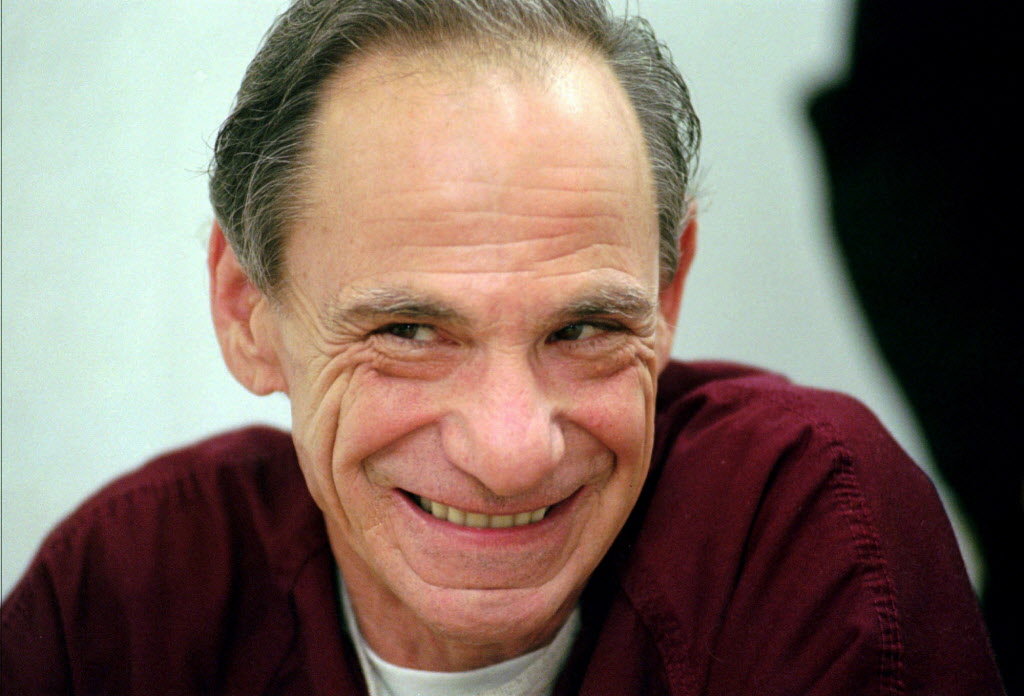
Turning Point: Becoming an Informant
The success of the Lufthansa Heist was a huge payday for Henry Hill and everyone involved. However, so much money came with a responsibility and depended on everyone’s cooperation.
Because of the sheer magnitude of the heist, they all agreed to hang low and not spend their money extravagantly so they don’t attract attention. But as law enforcement continued to sniff around, internal strife intensified.
Suspicions grew about who might be cooperating with authorities. Other members began to worry that the large purchases of some of the members might draw the attention of the police.
As internal conflicts within the Lucchese crime family escalated, Hill’s life came under threat. Fearful for his safety and realizing the imminent danger he faced both from law enforcement and within the family, Hill began contemplating cooperation as a means of self-preservation.
Law enforcement agencies were watching from around every corner and were well aware of Hill’s predicament. Seeking an opportunity, they approached him with an offer of witness protection.
The promise of a new identity, safety for himself and his family, and a reduced sentence became a tempting choice and an opportunity to get out of his life of crime.
Witness Protection and Life After the Mob
In the late 1980’s Henry Hill entered into witness protection with federal law enforcement. As part of this agreement, he agreed to provide testimony against members of the Lucchese crime family in exchange for a reduced sentence and protection for himself and his family.
Growing up within the mob, Hill knew all too well the consequences of snitching.
As part of the witness protection program, Hill and his family underwent a comprehensive identity change. They were provided with new names, Social Security numbers, and personal histories to erase any trace of their former identities and protect them from mob retaliation.
Hill, along with his wife Karen and their children, was relocated. The exact location and details of the relocation were kept confidential to minimize the risk of discovery by his former gang members.
Hill had to stick to strict rules outlined by the Witness Protection Program. This included:
- maintaining a low profile
- refraining from contact with former associates
- refraining from engaging in any criminal activities
Hill continued to cooperate with law enforcement during his time in the Witness Protection Program. His testimony was instrumental in several trials, leading to the convictions of many key members of his former crime family.
Adaptation into Popular Culture
Following his cooperation and entry into the Witness Protection Program, Hill lived a relatively quiet life. Nicholas Pileggi’s book “Wiseguy,” was published in 1986, and was based on extensive interviews with Henry Hill and explores his life in the mob.
The book narrates Hill’s rise in the mob and his involvement in various criminal activities, including the Air France Heist. It provided insights into the inner workings of the mafia that most people had never heard about.
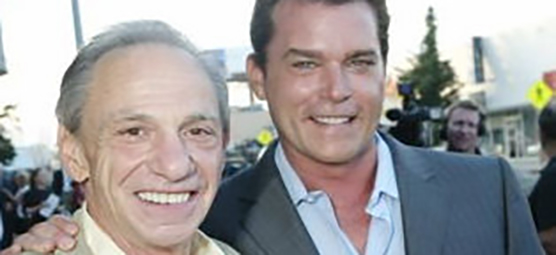
In 1990 Martin Scorsese adapted “Wiseguy” into the film “Goodfellas”. Revered for its unparalleled storytelling and cinematic brilliance, the film garnered widespread critical acclaim, solidifying its status as a quintessential standard in the realm of crime movies.
References
Henry Hill
https://www.biography.com/crime/henry-hill
Henry Hill
https://en.wikipedia.org/wiki/Henry_Hill#
The Real-Life Goodfellas: Meet The Mobsters Behind The Movie
https://allthatsinteresting.com/henry-hill-real-life-goodfellas
